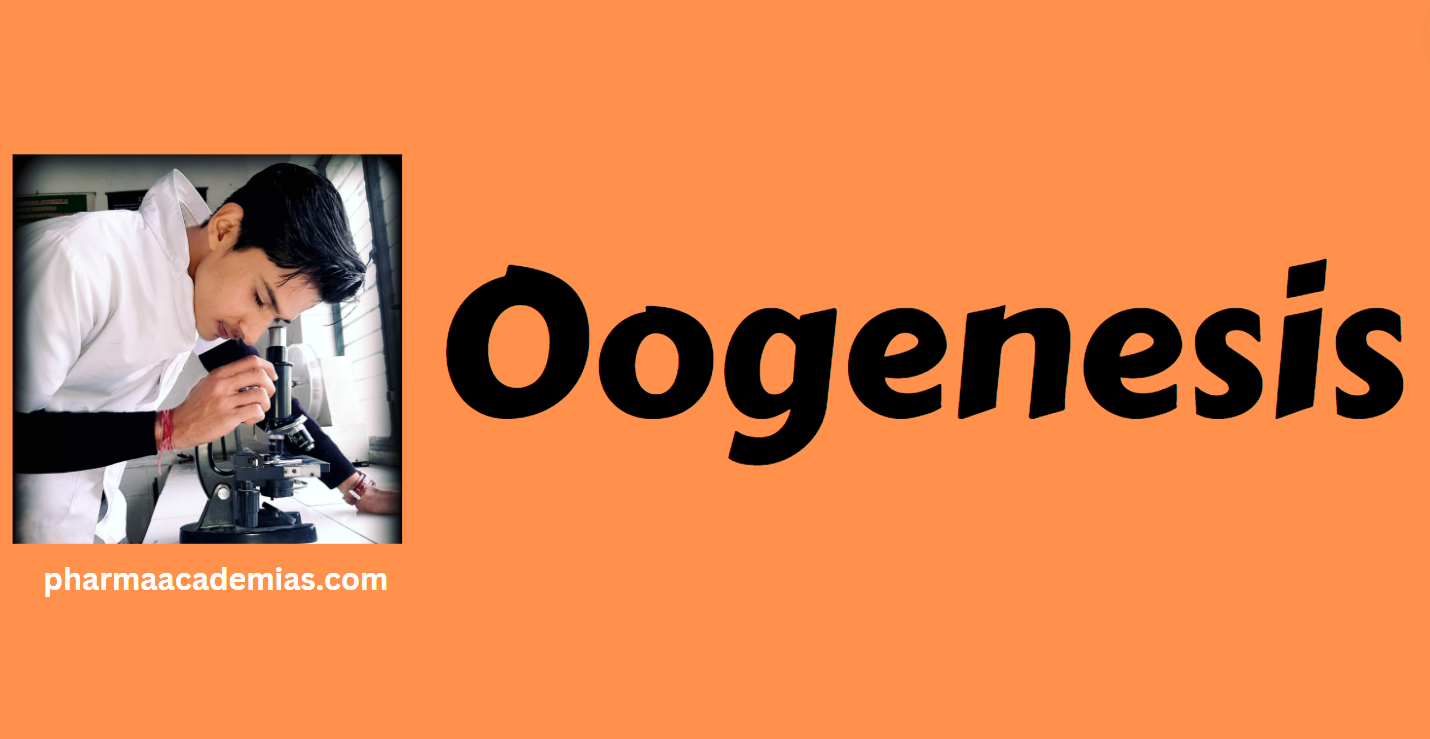Female Reproductive System: Anatomy and Functions
The female reproductive system is designed to produce ova (eggs), facilitate fertilization, and support the development and birth of a fetus. It consists of both internal and external structures that play critical roles in these processes. The primary components of the female reproductive system are the ovaries, fallopian tubes, uterus, cervix, vagina, and external genitalia. … Read more










